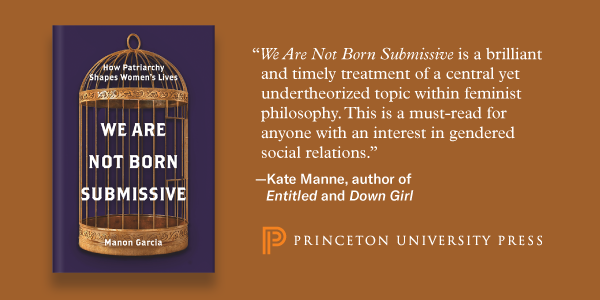Those currently working at journals that make use of triple-anonymous review are especially encouraged to share the details about their systems, staffing, costs, and overall impressions of the value of triple-anonymous review.

Philosophy journals that currently employ triple-anonymous review include The British Journal for the Philosophy of Science, Ergo, Erkenntnis, Ethics, European Journal of Philosophy, Feminist Philosophy Quarterly, Journal of Applied Philosophy, Journal of Ethics and Social Philosophy, Mind, Noûs, Philosophy and Phenomenological Research, Res Philosophica, and Thought. (See Philosophy Journals: A Crowdsourced Guide for Authors).
The question was posed by someone interested in helping to convince journals that don’t currently employ triple-anonymous review to start doing it. Under triple-anonymous review, the author’s identity is unknown to the journal editor handling their submission as well as the reviewers. Triple-anonymous review is thought to be a way to further protect the editorial process from being influenced by biases and conflicts of interest.
The transition will involve making changes to one’s editorial software system, or moving to a new system, among other things, such as possibly bringing on additional staff. The person asking about this writes: “This may seem logistically daunting. I’m hoping the readership of Daily Nous may have concrete advice about how to do the transition. What software program(s) would be good to use? How much do they cost per year? Can this transition realistically be done without the journal employing a managing editor? (Can it be done by uncompensated or undercompensated faculty who are editing the journal while working full-time faculty jobs?)”

What’s involved in converting a journal’s editorial practices from single- or double-anonymous review to triple-anonymous review?
[Louise Bourgeois, “Eyes”]




